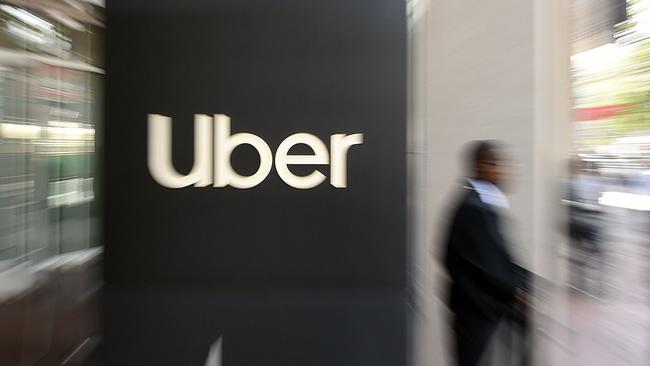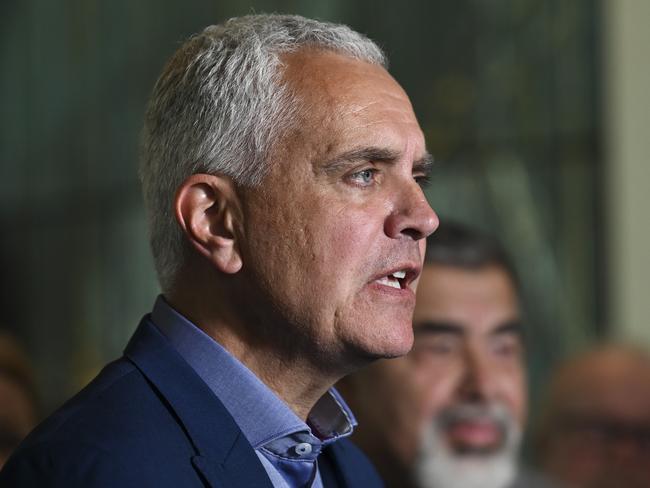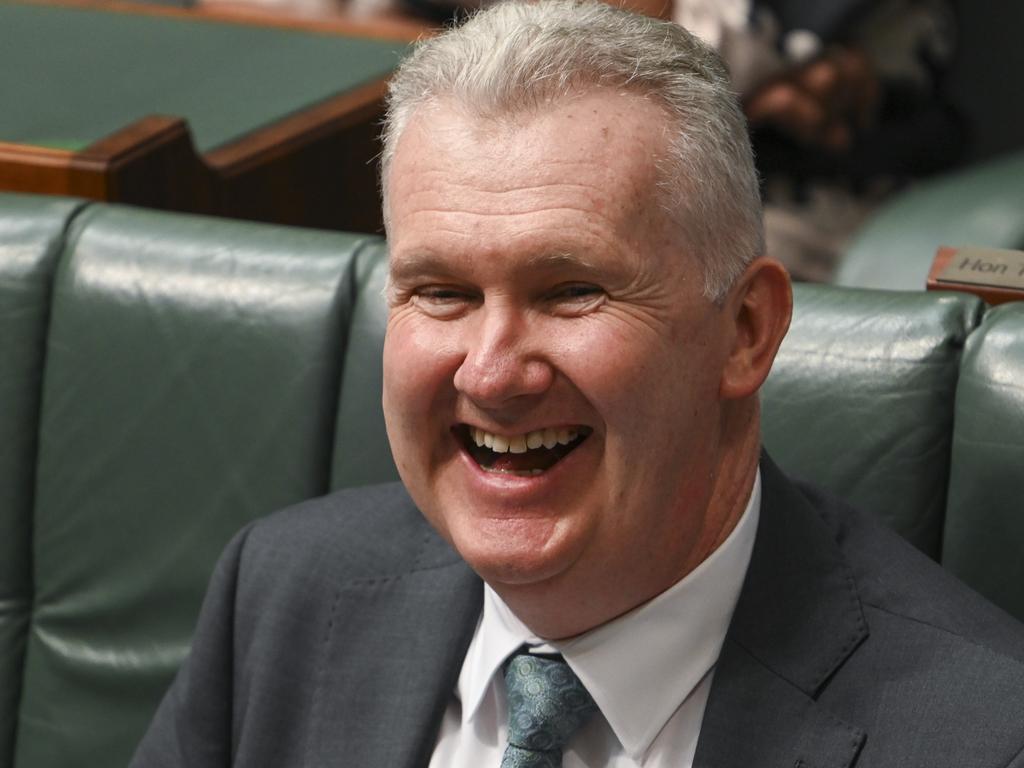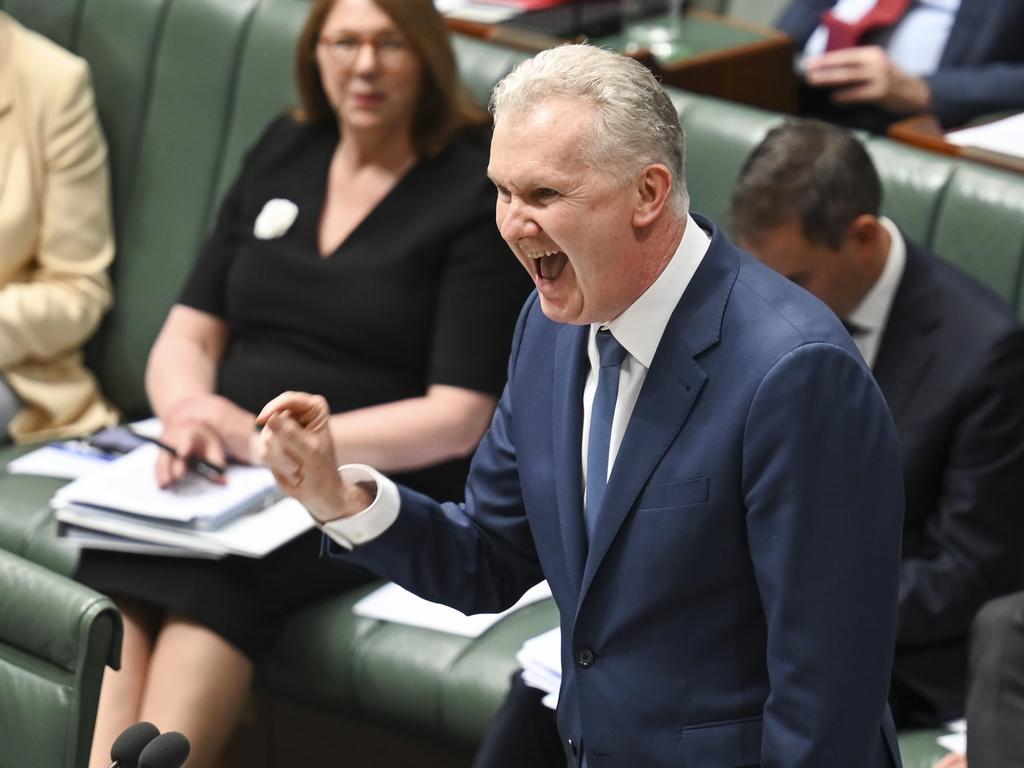Push to extend workers compo to gig workers
Unions want Uber, DoorDash and Menulog to pay workers compensation premiums.

Unions are ramping up demands to extend state workers’ compensation coverage to gig workers, in a move that would force Uber, DoorDash and Menulog to pay premiums and build on new national rights for platform workers introduced federally.
In a new campaign, the Queensland Council of Unions is urging the Miles government to legislate to bring digital platform workers into the workers’ compensation scheme, arguing inadequate insurance provided by the gig operators is leaving taxpayers to pick up the bill when workers are injured or killed at work.
Unions in NSW on Sunday predicted the Minns government would introduce legislation in the next six months to extend the state workers’ compensation scheme to gig workers, delivering on an pre-election pledge.

Transport Workers Union national secretary Michael Kaine said transport gig workers were “killed, maimed and injured at alarming rates”, and there was a need across the states to build on the proposed minimum standards introduced by the Albanese government.
While the federal laws would ease the deadly pressures on gig workers to rush and take risks to make money and maintain jobs, Mr Kaine said transport gig staff, like other vulnerable workers, needed the protection of workers’ compensation insurance.
“A plethora of evidence has shown that these workers are highly dependent on the gig companies that engage them,” he said. “So far, 15 food delivery riders and a rideshare driver have been killed at work. There’s no time to lose in protecting these workers and their families in every state and territory with the workers’ compensation safety net.”
QCU assistant general secretary Jared Abbott said the insurance some digital platform operators had in place was significantly insufficient to cover loss of income when workers are injured or killed.
“Inevitably, gig workers unable to resume their delivery or rideshare tasks will be without financial support and end up in the taxpayer-funded welfare or public health systems,” Mr Abbott said.
“At the moment, it’s the public purse footing that bill. This situation cannot be left to continue while these giant firms exploit their workers and expect taxpayers to pick up the pieces.”

The Queensland government, which declined to make public comment on Sunday, is consulting with stakeholders on a bill to include a regulation-making power that will allow gig workers to be deemed as covered by the workers’ compensation scheme.
A number of considerations, including the status of gig workers as determined by the Fair Work Commission, will inform the use of this regulatory power. The state believes this will ensure a nationally consistent approach to the coverage of gig workers.
The state government conducted reviews in 2018 and 2023 that recommended extending workers’ compensation coverage to gig workers and requiring the platforms to pay premiums.
The QCU’s “it’s time to deliver” campaign, to be launched on Monday, says the government should implement the recommendations of the latest review and “ensure multinational digital platform operators like Uber pay their fair share in workers’ compensation premiums”.

Mr Abbott said WorkCover Queensland, the state’s workers’ compensation scheme, provided crucial support to employees injured on the job.
“But gig workers fall through the cracks. Unlike traditional employees, they lack the safety net of WorkCover protection,” he said. “Their precarious employment status places them in a grey area – neither fully employees nor independent contractors.
“While gig workers suffer, large corporations reap the benefits. Uber, a global giant, continues to operate without contributing to WorkCover premiums. Instead, taxpayers shoulder the responsibility, by footing the bill through compulsory third party insurance.”
In response, Uber said it was “vital reform is not rushed, and that outstanding questions are addressed regarding implementation complexity, economic viability and costs to workers, consumers and businesses”.
“We welcome any opportunity to participate in further consultation with government, workers and unions to assess all viable options – including insurance – to ensure platform workers are protected while working,” an Uber spokesman said.








To join the conversation, please log in. Don't have an account? Register
Join the conversation, you are commenting as Logout